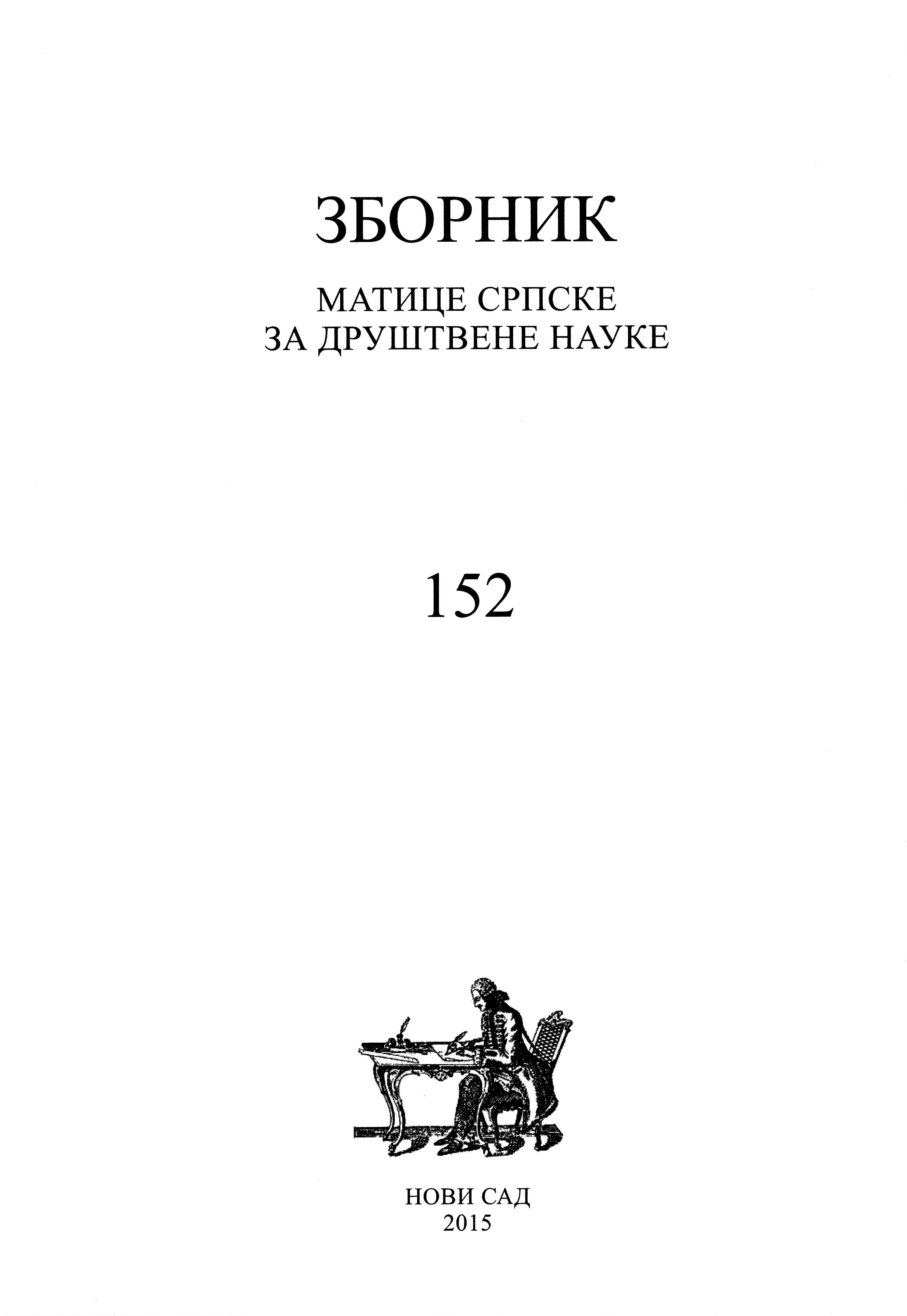Персонално подручје примене радног законодавства – (не)поузданост критеријумâ за квалификацију субјеката радноправне заштите
Personal Scope of Labour Legislation – (Un)Reliability of the Criteria for Qualification of Subjects of Labour Law Protection
Author(s): Ljubinka KovačevićSubject(s): Labor relations, Law on Economics
Published by: Матица српска
Keywords: employee; self-employed; disguised employment relationship; economically dependent worker; protection of the weaker party
Summary/Abstract: Establishing the personal scope of labour legislation is a delicate task, primarily because of the need to make labour law protection available to all people, who actually perform dependent work. Labour law protection is therefore traditionally limited to people working under the power of another, although, depending on the nature of their work, the degree of their subordination to the employer’s (managerial, normative and disciplinary) prerogatives may vary. This is the main reason why legal subordination was developed as a reliable criterion for the qualification of employees. However, certain legal systems have recently started defining this term based on other characteristics of subordinated work, which leads to dilution of the traditional concept of subordination. Besides, the dilution of this concept is also caused by the introduction of legal fiction regarding employee status in favour of certain categories of workers. Although these changes have been implemented in court practices of certain countries, there is no reason to conclude that the subordination concept has been diluted beyond recognition. In this regards, one should be aware of the need to protect the persons who are engaged in a disguised employment relationship, which is why the principle of primacy of fact should be applied here. On the other hand, the emergence of new forms of work significantly dulls the edge that delineates the dependent from independent work, especially if we take into account the self-employed persons whose means of subsistence come predominantly from one employer, making them economically dependent and thereby creating the need for their special protection.
Journal: Зборник Матице српске за друштвене науке
- Issue Year: 2015
- Issue No: 152
- Page Range: 505-519
- Page Count: 15
- Language: Serbian

